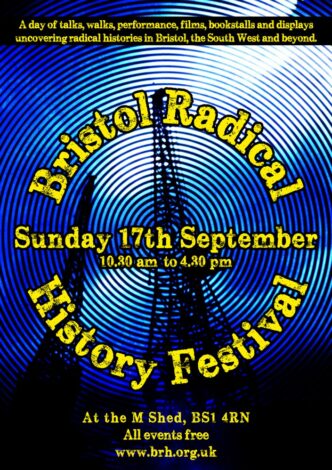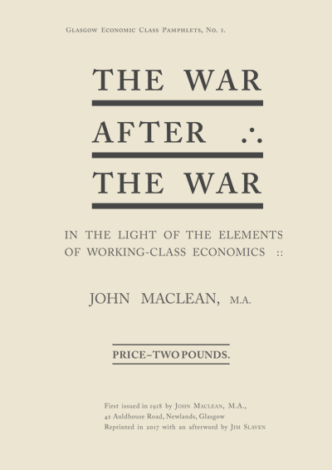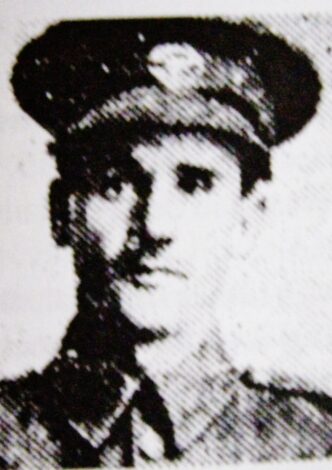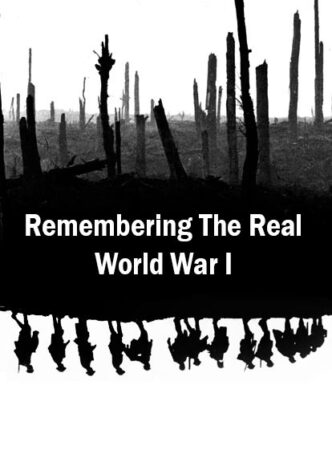Studio 1: Refusing to fight
Conscientious Decision-Making [Lois Bibbings] This talk gives a brief insight into what First World War conscientious objectors to military service meant when they talked about 'conscience' or the reasoning behind their decision and how their beliefs or thinking impacted upon the course of action they took during conscription. It does so by telling stories about a few of those who objected. Martyrs or Rebels? Another side of Britain’s 1914-18 war resisters [Cyril Pearce] Our view of Britain’s […]





